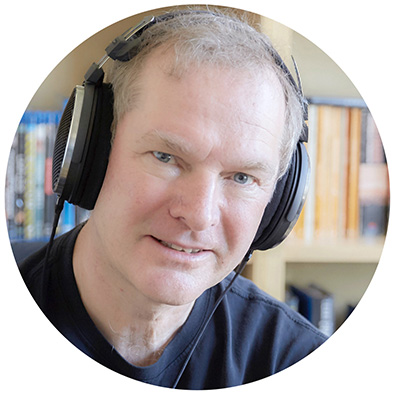
Research
As an academic and professor at a leading university, the research I’m involved with cuts across many different disciplines and areas of expertise, and blends scholarship with teaching, mentorship, communication and engagement — there really are very few bright lines separating different areas of my work! However, there is a common theme, and that’s better-understanding how we can develop a more just, equitable, vibrant and promise-filled future within an increasingly complex world.
This is work that draws on my roots as a physicist and lab scientist, but that is heavily influenced by the social sciences, arts, humanities, and areas of knowledge and understanding that don’t easily fit into convenient silos. It’s hard to over-emphasize how important this transdisciplinary approach is to what I do — disciplines are a useful, but ultimately they are an artificial way to develop and use new knowledge and insights, and the more complex our world becomes, the more important it is that we break free of the constraints of conventional thinking, while retaining the rigor that comes with any form of grounded scholarship.
The links below touch on just a small handful of areas that I’m working in. For more information on recent publications, please check my Google Scholar profile. You can find more links to my academic and professional work here.
A very small selection of research/scholarship initiatives & outputs:
Future of Being Human initiative
a unique community of bold, audacious and visionary thinkers who are inspired by what it might mean to be human in a technologically transformed futureand who are passionate about exploring how this influences our thinking and actions in the present.
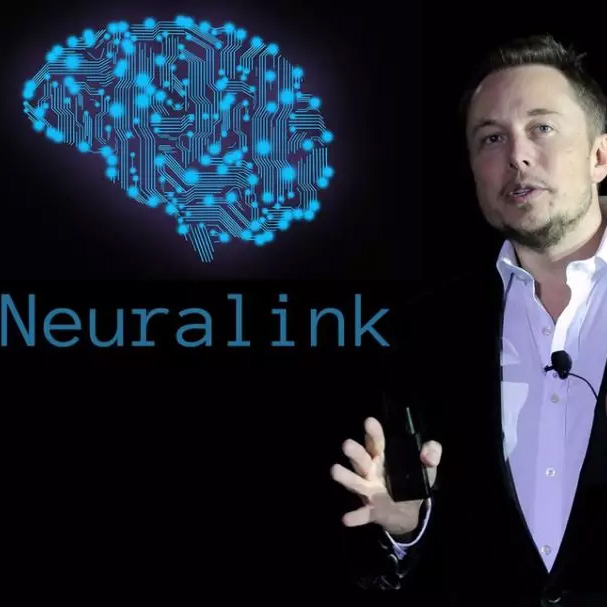
Developing brain machine interfaces responsibly
The Ethical and Responsible Development and Application of Advanced Brain Machine Interfaces. Maynard, A. D. and M. Scragg (2019). J Med Internet Res 21(10): e16321. DOI: 10.2196/16321

Using science fiction movies to innovate more responsibly
Sci-fi movies are the secret weapon that could help Silicon Valley grow up. In The Conversation, November 2018.
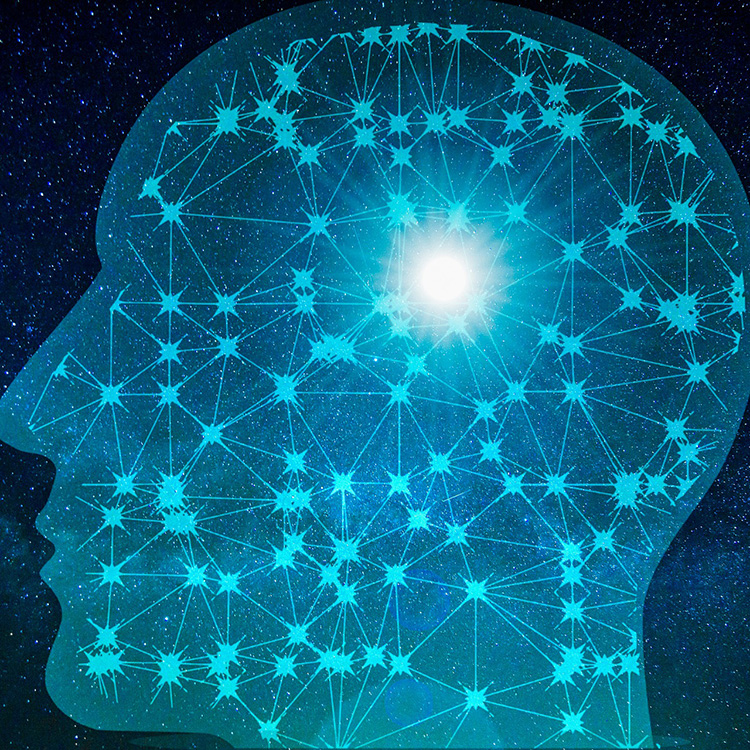
Could we 3D print an artificial mind?
Back in 2014 I published this thought-piece in Nature Nanotechnology on the challenges and opportunities of 3D printing a bio-inspired “artificial brain.” Including here as the ideas are still highly relevant to advances in artificial intelligence.
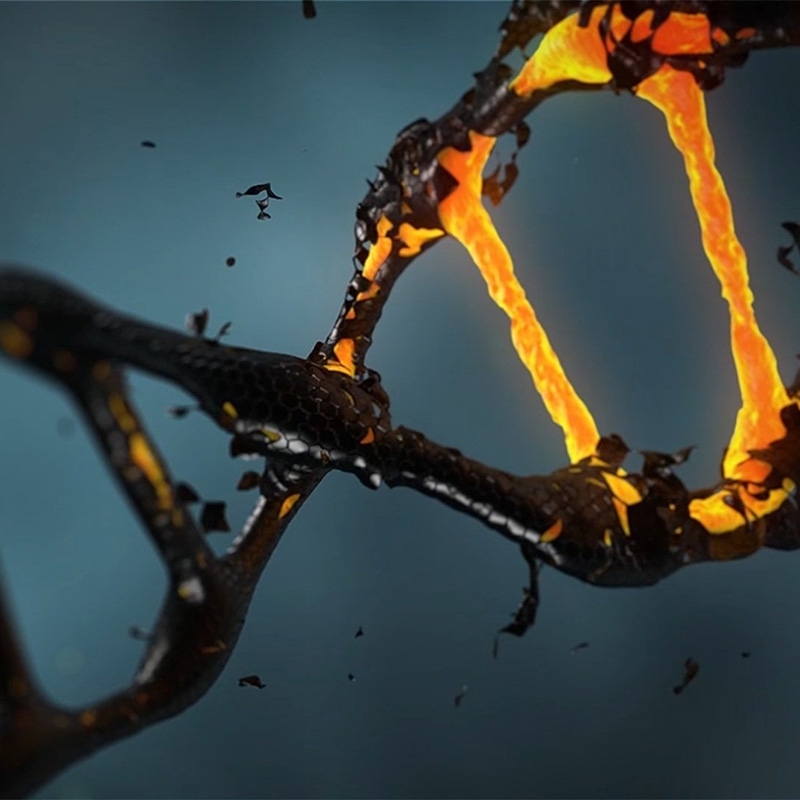
Could gene editing lead to “super-athletes”?
Tournas, L., W. Johnson, A. Maynard and D. Bowman (2019). “Germline Doping for Heightened Performance in Sport.” Australian and New Zealand Sports Law Journal 12(1): 1-24.

Responsible innovation and entrepreneurship
Maynard, A. D. and E. Garbee (2019). Responsibe innovation in a culture of entrepreneurship: A US perspective. International Handbook on Responsible Innovation: A Global Resource. R. Von Schomberg and J. Hankins. Cheltenham, UK, Edward Elgar: 488-502.
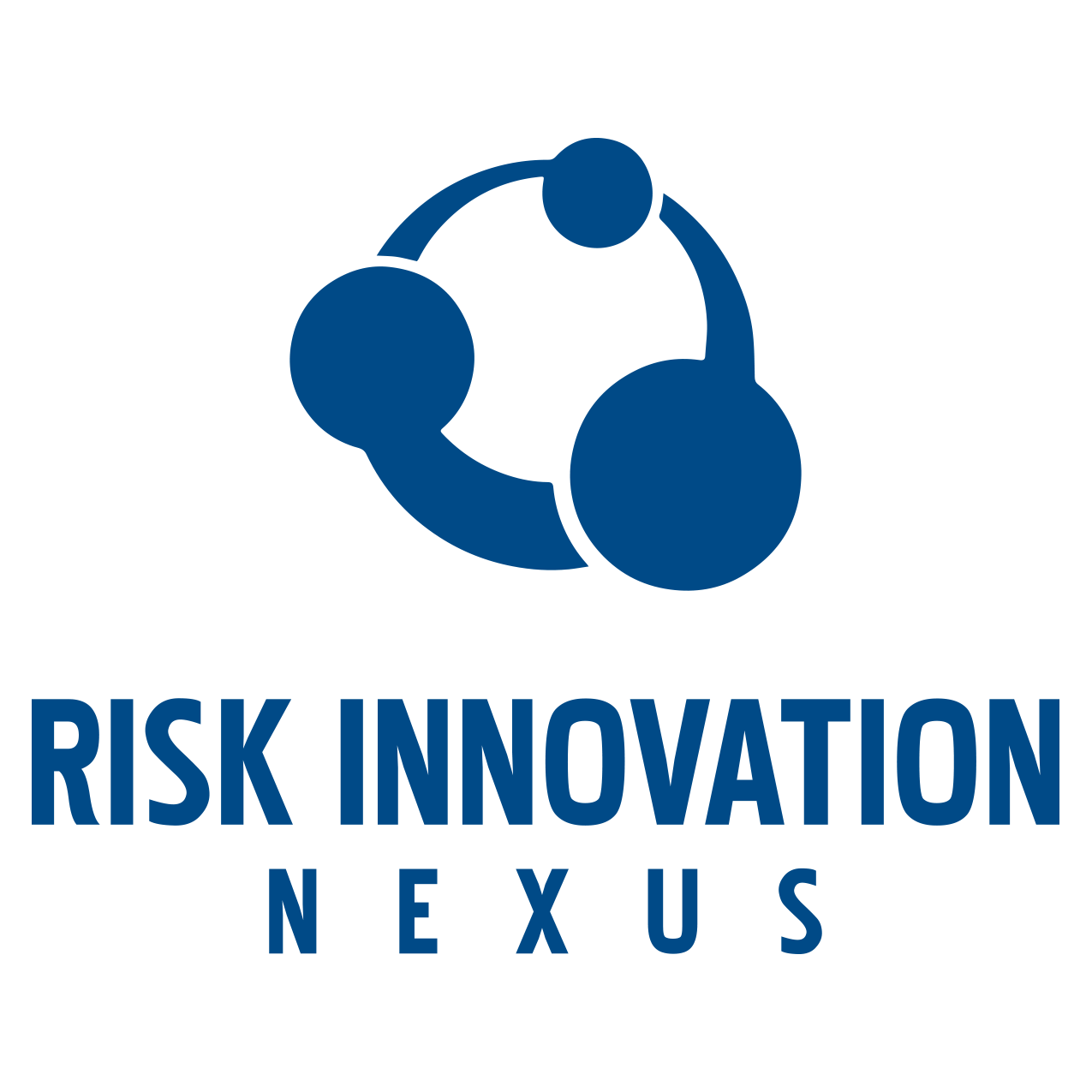
Risk Innovation Nexus
A project connecting ethical and responsible innovation with value grow that’s aimed specifically at making responsible innovation relevant and even profitable to startups, businesses, and other enterprises
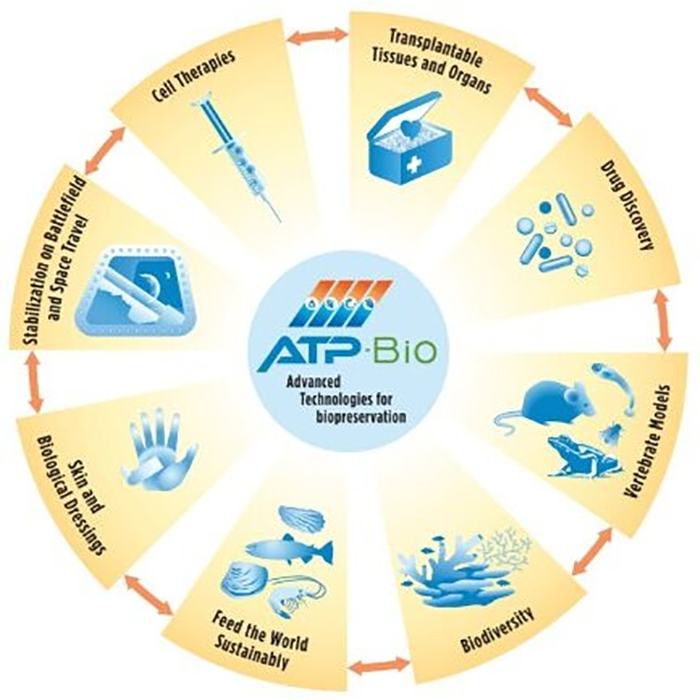
Biopreservation Tech
The National Science Foundation Engineering Research Center for Advanced Technologies for the Preservation of Biological Systems (ATP-Bio) aims to “stop biological time.” I’m part if the advisory panel working on the ethics and public policy questions associated with transformative biopreservation tech coming out of the program.

How to Succeed as an Academic on YouTube
Drawing on my work with the YouTube channel Risk Bites, this perspective paper explores how time, resource, and even talent-limited academics can nevertheless leverage YouTube as a platform for further mobilizing their knowledge for public good.

